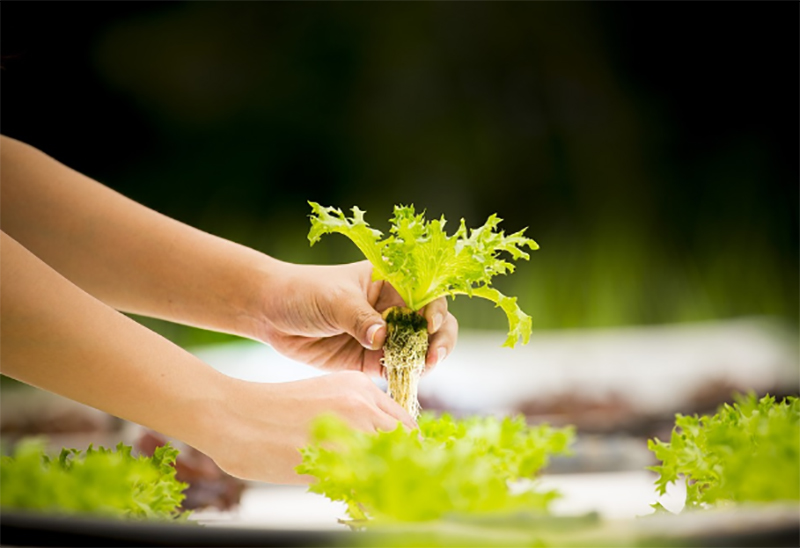 Digitization of Agriculture
Digitization of Agriculture How Is India Managing the Digitization of Agriculture?
Agriculture has played a crucial role for Indians. The country’s climate facilitates the cultivation of different crops with top-quality soil. This has made India the powerhouse of food production in the world.
India’s traditional cultivation methods were time-consuming and inefficient. The Green Revolution in the 1960s brought about the much-required boost in efficiency and crop production.
But currently, a new concept is taking the agriculture industry to new heights in terms of quality, yield, and productivity. The concept is based on the digitization of agriculture.
Economics of Agriculture in India
The agriculture sector in India has seen significant growth in the last decade. We are going to highlight the top statistics below to show the present state of agriculture in India.
- The agriculture industry in India saw a growth of 3.6% in 2020. This percentage increased to 3.9% the next year.
- When it comes to the Gross Value Added, this sector has contributed about 18% as per long-term trends and estimates. The share has seen an increase to 20.2% in 2020 and 18.8% in 2021.
- The agricultural industry in India employed about 41.5% of the population in 2020 as per the World Bank estimates.
- It is a sector that has contributed steadily to the growth of the country’s economy over the years. The industry contributed 18.8% to the GDP of the country in the year 2019. The percentage rose to 19.9% in 2020.
How Is India Handling the Digitization of Agriculture?
The government of India has recognized the importance of digitizing the agricultural sector. Through different initiatives along with the support of different private companies, India hopes to implement widespread digitization of the industry by 2025.
- The government launched Digital Agricultural Mission 2021-2025 in September 2021. Five MoUs was a part of it that aimed to advance digital agriculture.
- Different pilot projects with companies, such as ITC, Cisco, Ninjacart, and Jio Platforms in collaboration with government branches, such as National e-Markets Limited and National Commodity and Derivatives Exchange were announced. The main objective of the mission is to facilitate agricultural modernization through the implementation of different technologies, such as AI and blockchain.
- Jio Agri, a new platform had been introduced in February 2020. The platform digitized the agricultural ecosystem with the value chain to make it convenient for the farmers. It uses various data sources and uses an AI algorithm to interpret the data. This platform’s ultimate goal is to offer targeted and precise advice to farmers for maximizing yield.
For any reference to the content visit Betway
What Outcomes Can We Expect?
NITI Aayog estimates indicate the digitization of the agriculture industry in terms of just AI can be around US$2.6 billion. What’s even more remarkable aspect is this industry is going to experience a CAGR of 22.5%. In case digitization is implemented and short-term goals are achieved, the market size of this industry is expected to reach 111,916b INR in 2026 in comparison to 55,994b INR in 2020, with an estimated CAGR of 12%. No doubt, agricultural digitization will benefit India to a great extent.
Support Our Journalism
We cannot do without you.. your contribution supports unbiased journalism
IBNS is not driven by any ism- not wokeism, not racism, not skewed secularism, not hyper right-wing or left liberal ideals, nor by any hardline religious beliefs or hyper nationalism. We want to serve you good old objective news, as they are. We do not judge or preach. We let people decide for themselves. We only try to present factual and well-sourced news.







